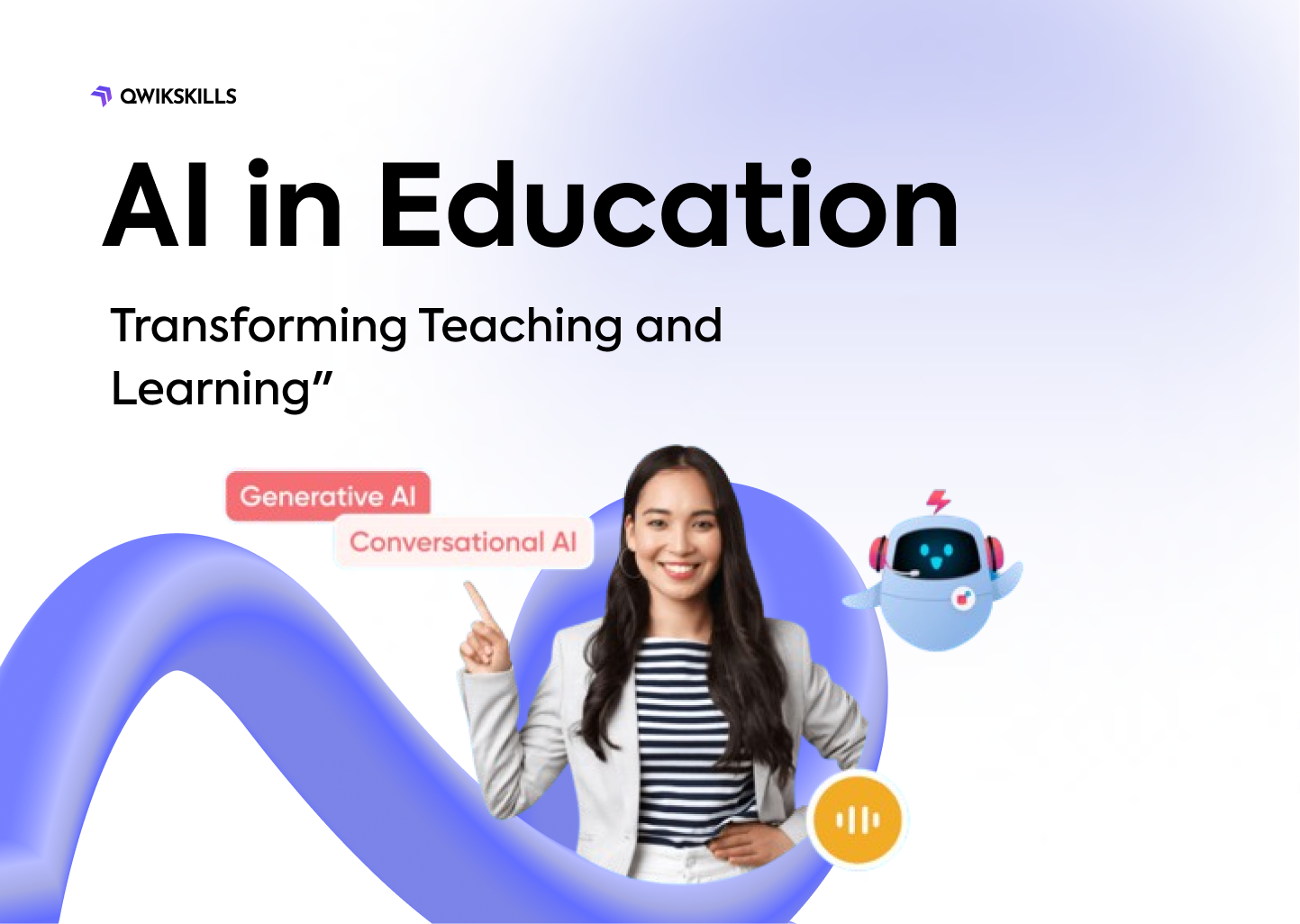Artificial Intelligence (AI) has emerged as a transformative force across various industries, including education. In recent years, Artificial Intelligence has made significant inroads into the realm of teaching and learning, revolutionizing traditional approaches and opening up new possibilities.
The Rise of AI in Education
As technology advances, the education sector is leveraging Artificial Intelligence to enhance the learning experience. These intelligence tools are being integrated into various educational processes, from curriculum development to student assessment.
Machine learning algorithms analyze vast amounts of data to tailor educational content to individual student needs, providing personalized learning experiences.
Applications of AI in Education
1. Personalized Learning Paths
Artificial Intelligence algorithms analyze students’ learning patterns and adapt coursework to suit individual needs. This personalized approach ensures that students progress at their own pace, reinforcing understanding and retention.
2. AI Tutoring Systems
AI-powered tutoring systems provide real-time feedback and guidance to students. These systems adapt to each student’s learning style, offering targeted assistance in areas where they may be struggling.
3. Automated Grading
AI streamlines the grading process by automating assessments. This allows educators to focus more on personalized interactions with students, fostering a deeper understanding of individual progress.
4. Virtual Classrooms and Chatbots
AI-driven virtual classrooms facilitate remote learning, offering immersive experiences that mimic traditional classrooms. Chatbots assist students with queries, providing instant support and guidance.
Benefits of AI in Education
1. Enhanced Personalization
AI enables a level of personalization that was once impractical in traditional classrooms. Tailored learning paths, adaptive assessments, and individualized feedback contribute to a more effective and engaging educational experience.
2. Efficiency and Time Savings
Automated grading, administrative tasks, and data analysis save educators valuable time. This efficiency allows them to concentrate on crafting impactful lessons and providing personalized support to students.
3. Access to Education
AI-powered platforms offer scalable solutions, making education more accessible globally. Remote learning opportunities, especially in underprivileged areas, can bridge gaps in access to quality education.
4. Continuous Improvement
AI systems continuously analyze data to identify areas of improvement. This feedback loop benefits both educators and students, fostering an environment of continuous learning and growth.
Challenges in AI Education
While AI brings numerous benefits to education, it poses challenges and ethical considerations. Issues related to data privacy, algorithmic bias, and the potential for exacerbating educational inequalities need careful consideration.
Future Trends and Predictions
The integration of Artificial Intelligence in education is an evolving journey. Future trends may include more sophisticated AI-powered learning platforms, increased use of virtual and augmented reality, and enhanced collaboration between Artificial Intelligence systems and human educators.
The potential for Artificial Intelligence to create truly adaptive, engaging, and equitable learning environments is vast.
Conclusion
In conclusion, the transformative impact of Artificial Intelligence in education is evident. From personalized learning paths to automated assessments, AI is reshaping how we approach teaching and learning.
As the educational landscape evolves, it’s essential to embrace the benefits of Artificial Intelligence while addressing challenges responsibly. Explore our AI courses at QwikSkills and join the future of education today.
FAQs
1. How does AI personalize learning paths?
AI analyzes individual learning patterns and tailors coursework to suit each student’s needs, providing a personalized and effective learning experience.
2. What are the benefits of automated grading in education?
Automated grading saves educators time, allowing them to focus on personalized interactions with students and fostering a deeper understanding of individual progress.
3. How does it contribute to making education more accessible globally?
AI-powered platforms offer scalable solutions, providing remote learning opportunities that bridge gaps in access to quality education, especially in underprivileged areas.
4. What ethical considerations are associated with Artificial Intelligence in education?
Ethical considerations include issues related to data privacy, algorithmic bias, and the potential for exacerbating educational inequalities, requiring careful attention for responsible deployment.
5. What are the future trends we can look forward to?
Future trends may include more sophisticated AI-powered learning platforms, increased use of virtual and augmented reality, and enhanced collaboration between Artificial Intelligence systems and human educators.
6. How does Artificial Intelligence enhance the learning experience?
Tutoring systems provide real-time feedback and guidance, adapting to each student’s learning style and offering targeted assistance where needed, thus enhancing the overall learning experience.

